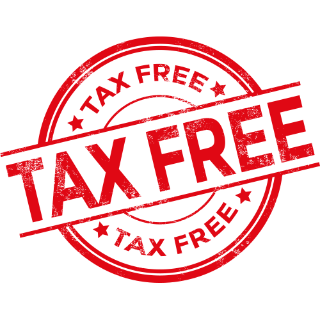all good information and advice. i have consulted my accountant and used the gov.uk website to ‘test’ my proposal.
a few other pieces of information - the first was published by the UK Government in their Budget Statement of 2018 = ps sorry about the bold, i am having difficulty with my formatting when copying and pasting
Shared occupancy test for rent-a-room relief – Following consultation on draft legislation, to maintain the simplicity of the system the government will not include legislation for the ‘shared occupancy test’ in Finance Bill 2018-19. The government will retain the existing qualifying test of letting in a main or only residence, and will work with stakeholders to ensure that the rules around the relief are clearly understood.
a further on line article in the FT Adviser
The government has quietly shelved plans to introduce a ‘shared occupancy test’ for people renting spare rooms in their homes.
Hidden within the 2018 Budget documents, the government stated it decided not to include legislation for a shared occupancy test in the Finance Bill 2018/19 in order to “maintain the simplicity of the system”.
Instead, it said: "The government will retain the existing qualifying test of letting in a main or only residence and will work with stakeholders to ensure that the rules around the relief are clearly understood."
HM Treasury had proposed the shared occupancy test for landlords renting their spare rooms in order to continue qualifying for the annual £7,500 rent-a-room tax relief in the summer.
**This would have brought an end to rent-a-room relief for people who rented out a single room in their house while they are absent from the property.strong text
yes, i know it says a ‘spare room’ but the govt HMRC website says it can be as much or as little of your hone
and from Money Saving Expert
If you’re renting a spare room or your whole home, you can earn £7,500 tax-free

This is the doozy. You can earn £7,500 tax-free each year from letting a spare room or your whole home (if it’s your main residence), under the Government’s Rent a Room scheme.
The scheme applies when short-term guests stay in a furnished room or rent your whole property – as long as it is your main home. It also applies if you take a lodger or run a B&B/guest house. It works whether you live in England, Wales, Scotland or Northern Ireland.
In the draft Finance Bill, the Government proposed a crackdown on people who used the tax break when renting out their entire home. Owners would have needed to be present for at least some of the guest’s stay. However, the Government scrapped these plans in the October 2018 Budget.
You currently have two options to reduce tax, though you can only use one of them, not both. So do your homework first. (Tax is paid via your tax return, after you’ve taken the money from Airbnb.)
** The Rent a Room scheme. This is a huge tax break for most people and really ups the gain. You don’t pay tax on the first £7,500 you make each year from renting out furnished accommodation in your home or your whole home (halved if you share the income with a partner or someone else). If your rental income’s below the threshold, you don’t need to do anything, as the tax exemption is automatic.*
If it’s higher, you must complete a tax return – you then opt in to the scheme and pay tax on the remaining amount. For more information, see the Government’s Rent a Room scheme.
==========
so all the above suggests that we can earn £7500 and dont need to do anything (other than keep records of course) - but i will confirm that before submission - the issue re having to ‘pass an occupancy test’ is no longer valid as it wasnt actually enacted
as with most things ‘taxing’ - if it doesnt say you cant, then you can,. if it does say you can, then you can - if it says you cant then you cant, and as i have yet to find where it says you cant, my money is with the 2021 article published by the Money Saving Expert - for our non UK readers, Martin Lewis is a well known and very public figure who fights for consumer rights, he is regularly on television, hosting his own show where he explains in detail consumer rights and helps people get the best deals on anything financial.


